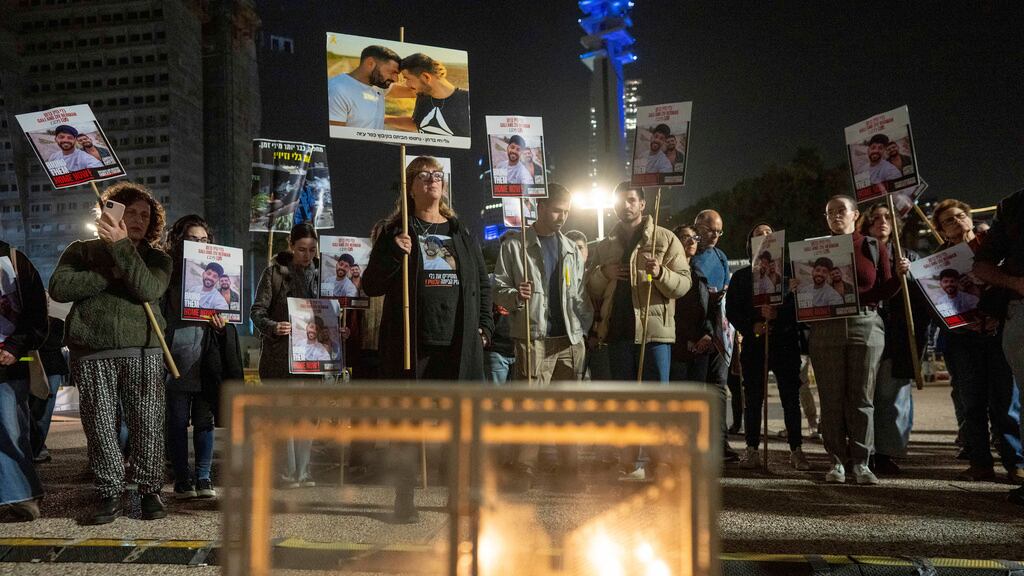Israel and Hamas accuse each other of complicating the ceasefire efforts that could end the war in Gaza after 14 months and one of the largest humanitarian crises in recent memory.
On December 25, a day of faith for the Christian world due to Christmas, hopes for a truce became complicated.
PUBLICIDAD
In recent weeks, both parties seemed to be getting closer to an agreement that would bring home dozens of hostages held in Gaza, but differences have emerged.
What are the new differences between Israel and Hamas?
Although Israel and Hamas have expressed optimism towards an agreement, there are points of friction regarding the exchange of hostages for Palestinian prisoners and the withdrawal of Israeli troops from Gaza, say people involved in the negotiations, where representatives from Egypt, the United States, and Qatar have also participated.
Hamas accused Israel of introducing new conditions related to the withdrawal from Gaza, prisoners, and the return of displaced persons, which it said was delaying the agreement.
The government of Israel, for its part, accused Hamas of violating the agreements that had already been reached. However, both parties said that discussions are ongoing.
The Israeli negotiating team, which includes members of its intelligence agencies and the military, returned from Qatar on Tuesday night for internal consultations, after a week of what they called "significant negotiations."
During their attack on October 7, 2023 in southern Israel, Hamas and other groups took about 250 hostages and brought them to Gaza. An earlier truce in November 2023 freed over 100 hostages, while others have been rescued or their remains have been recovered over the past year.
Israel says there are about 100 hostages left in Gaza, at least a third of whom they believe were killed during the October 7 attack or died in captivity.
Sporadic conversations have been taking place for a year, but in the last few weeks there has been a renewed push to reach an agreement.
The US President-elect Donald Trump, who will take office next month for his second term, has demanded the immediate release of the Israeli hostages, stating on social media that if they are not released, "they will pay dearly."
The families of the hostages are becoming increasingly angry, demanding that the Israeli government cease fire before Trump takes office.
After Israel's high-level negotiation team returned from Doha this week, the families of the hostages called for an emergency press conference in Tel Aviv, pleading for a ceasefire and a complete end to the war.
Families of the hostages commemorated the first night of Hannukah with candle lighting ceremonies: one in Tel Aviv and another next to the Western Wall in Jerusalem.
What would be the conditions for a ceasefire?
If finalized, the agreement would enter into force in phases and would include a ceasefire, an exchange of Israeli hostages for Palestinian prisoners, and an increase in aid to the besieged Gaza Strip, according to Egyptian, Hamas, and American officials.
Israel demands to keep its army in part of Gaza, and Hamas, weakened by losses in the war and the weakening of its ally Hezbollah in Lebanon, seemed to have yielded to that stance.
The final phase would include the release of the remaining hostages, the end of the war, and discussions about reconstruction.
